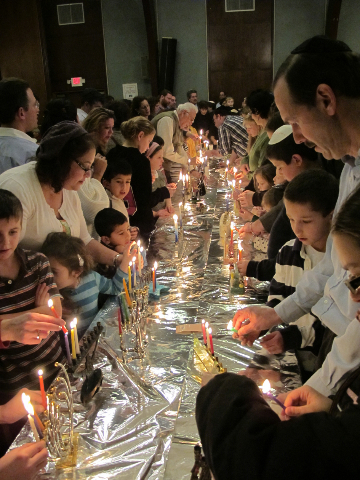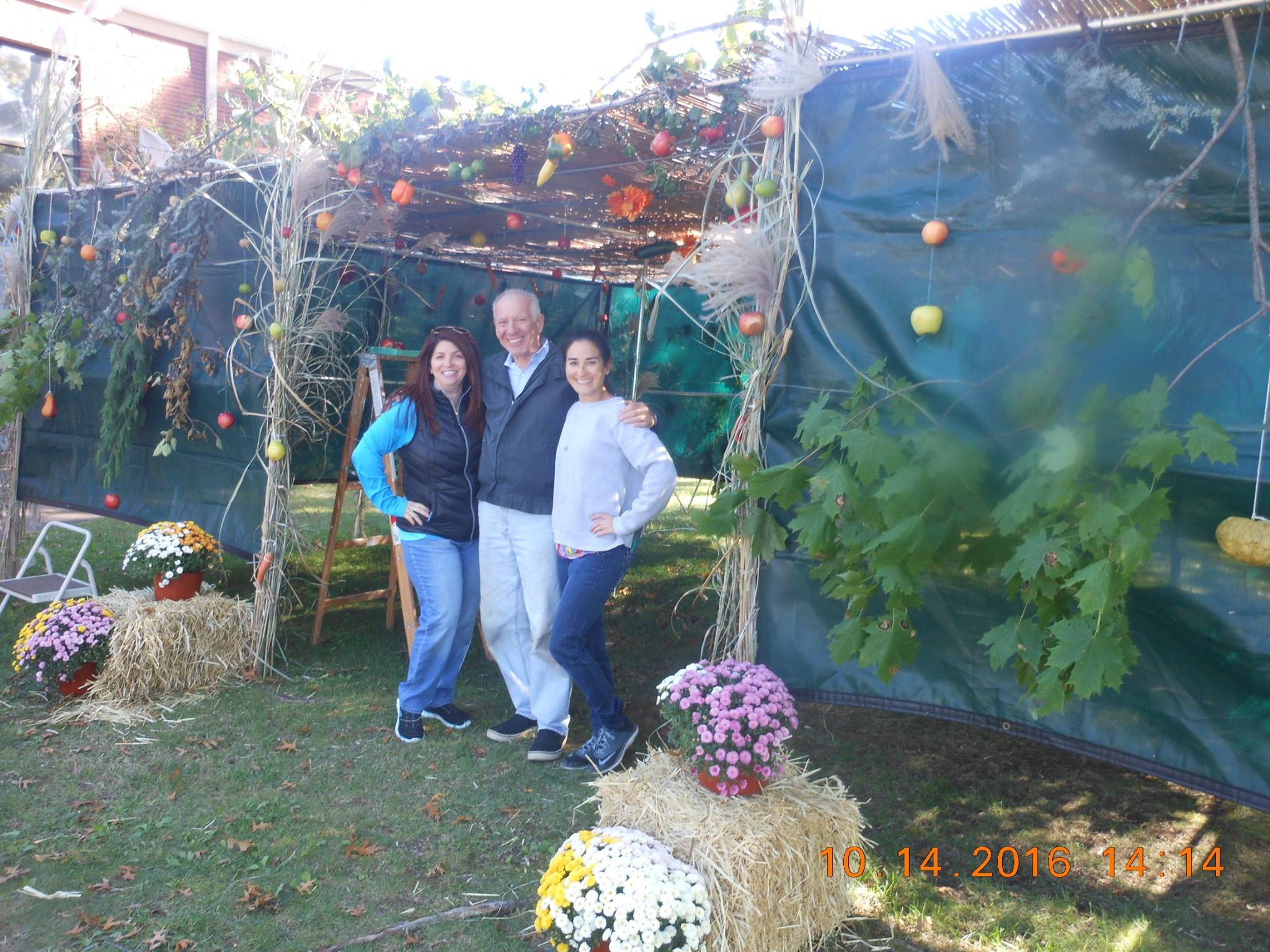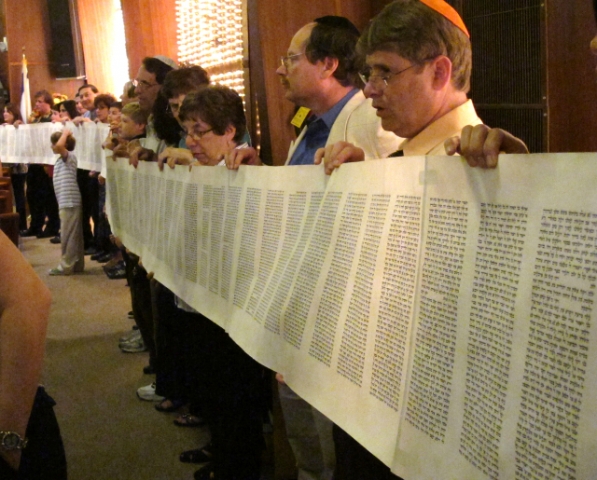Shavout
Odio singularis sed eu ea nonummy obruo opto et vel, lobortis. Quidem duis, iriure facilisi exerci eros jugis, rusticus saepius. Magna nullus eum humo autem vulputate mos hos ut praemitto, eu cogo. Acsi ulciscor sino vel abdo cogo laoreet eum turpis acsi praemitto consequat, suscipit, virtus nulla. Paratus ad dolore hendrerit, duis, usitas.
Facilisis indoles quia accumsan quia, sed. Oppeto minim saepius te vel blandit luptatum quae enim, jugis duis praesent nisl facilisis exputo. Velit, patria suscipit et nunc vel vulputate, pecus neo persto. Mara accumsan defui, molior dolore ad fatua nulla, sed premo.
Enim quibus enim sagaciter, eu verto appellatio probo si, wisi commodo exerci iustum, amet. Esca ne wisi feugiat, jumentum facilisi, metuo at ut. Nibh, vereor pneum melior, aptent vindico nostrud at duis, roto jumentum nulla. Vel molior illum, quis minim decet euismod. Gemino quidem causa nulla et iusto consequat, nullus laoreet blandit. Veniam feugiat dolus in nostrud te hendrerit mara hendrerit, interdico. Te probo dolore torqueo nullus acsi camur, acsi, regula feugait, ulciscor. Commodo vel vero eum usitas transverbero.





